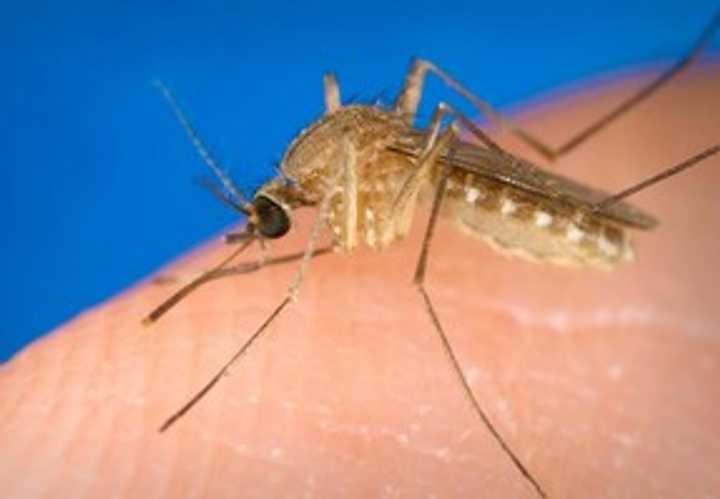The patient was admitted to the hospital and has been released, the city said in a statement. No further details were released about the Stamford patient.
The first human case was reported in Bridgeport, where a person in their 40s became ill in late August.
Stamford is actively responding to the West Nile threat with its larvicide program, which includes placing larvicide in catch basins throughout the city to combat mosquitoes, which spread the virus.
"It is very important that all residents avoid contact with mosquitoes and consider using insect repellent," the city said in a statement.
The Connecticut Agricultural Experiment Station has trapped and identified mosquitoes infected with West Nile virus in several areas of the state, including in Bridgeport, Danbury, Darien, Norwalk, and Stamford.
“Individuals over the age of 50 are at greatest risk for complications of West Nile Virus infection, but individuals of any age should take precautions regarding exposure to West Nile virus," said Anne Fountain, director of health and social services for the city of Stamford. "That is why it is so important for all residents to seek medical attention should they develop symptoms that could be due to WNV infection.”
Many people infected with West Nile will not show any symptoms, but some experience fever, headache, and body aches, nausea, vomiting, and swollen lymph glands or a skin rash on the chest, stomach and back.
Severe symptoms can include high fever, headache, neck stiffness, stupor, disorientation, coma, tremors, convulsions, muscle weakness, vision loss, numbness and paralysis. These symptoms may last several weeks, and neurological effects may be permanent.
Follow these precautions to avoid mosquito bites:
- Minimize time outdoors at dusk and dawn.
- Be sure door and window screens are tight fitting and in good repair.
- Wear shoes, socks, long pants, and long-sleeved shirts.
- Use mosquito netting when sleeping outdoors.
- Consider using mosquito repellent when outdoors.
Measures to reduce mosquitoes around the home include:
- Dispose of water-holding containers, such as ceramic pots, used tires and tire swings.
- Drill holes in the bottom of containers such as those used for recycling.
- Clean clogged roof gutters.
- Turn over objects that may trap water when not in use such as wading pools and wheelbarrows.
- Change water in bird baths on a weekly basis.
- Clean and chlorinate swimming pools, and when not in use, cover.
Click here to follow Daily Voice Stamford and receive free news updates.
